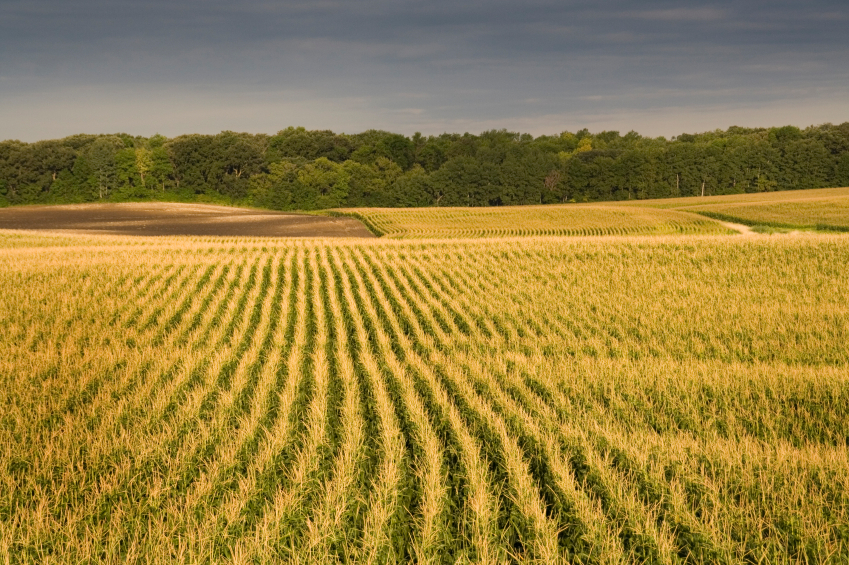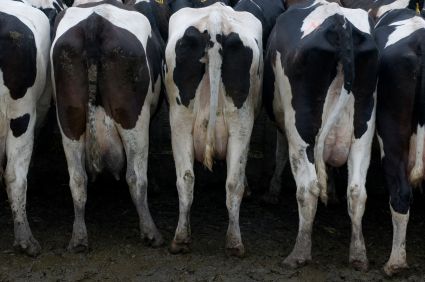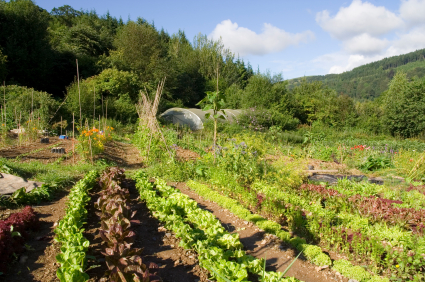This week, I’ve been attending the 3rd annual Governor’s Global Climate Summit at UC Davis, where I am a PhD student in Ecology. With only a month and a few days left until Arnold finishes his term as governor of “the great state of California” as he calls it, he’s pulled out all the stops to be sure that his legacy of climate work is remembered. But perhaps more interesting has been the undertone of the conference: recognizing the co-benefits to other areas when we address climate change.
To be fair, Arnold has the right to gloat: It was only two weeks ago that Prop 23 failed in a state referendum, which would have halted his Global Warming Solutions Act (AB 32) to establish an emissions reduction program on par to what federal legislation has aimed to do. The Governator spent a good part of his speech Tuesday remarking about the process of defending his climate change bill noting that the Texas oil companies that wanted to squash AB 32 spent millions trying to do so and hoped to “kill California’s environmental laws.” But in the end Prop 23 failed by not a small margin- but by a full 22 points, which certainly did demonstr... Read more



